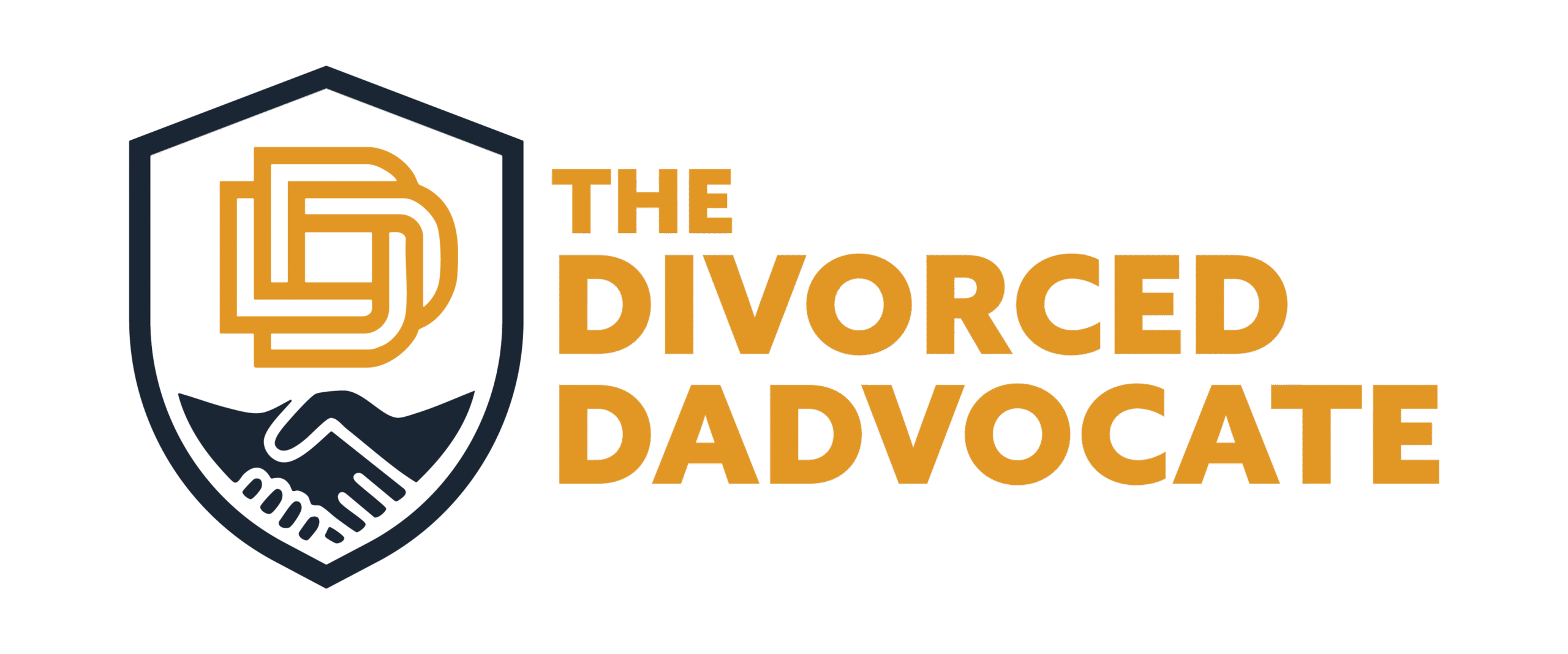5 Ways to Help Your Child Navigate Being Picked On

When my kids were young, I was a bit naïve. I had forgotten, or perhaps intentionally put out of my mind, how even good kids can resort to picking on anyone who is a little different than they are. My son was always on the shorter side. If you’ve met my wife or me, this would not surprise you. And unbeknownst to us, when he was in elementary school, his friends were regularly picking on him for being small. We didn’t find out until we began to see changes in his demeanor. Our normally happy, outgoing boy began to be more reserved and unsure of himself.
We struggled with how to deal with it. Do we tell him to completely cut those kids out of his life? Should he tell them off? Or maybe he should tell a teacher? It’s hard to know what to do when your child is being picked on, especially when you aren’t around and it comes from his friends. While we made a lot of mistakes along the way, I do think we learned a few things that were helpful. Here are 5 ways to help your child navigate being picked on.
1. Don’t minimize it.
My temptation was always to minimize it. I’d encourage my son to “shrug it off” or just ignore it. “It’s just words,” I’d say. But obviously all of this overlooks the very real damage words can do to a person. It’s much better to acknowledge the hurt your child is feeling and sit with him in the pain of it. Affirm that it’s wrong for anyone to speak to another person in this way, and counter with what you find beautiful about your child. Perhaps you can’t stop the kids from picking on him, but you can do you best to make sure he doesn’t feel alone.
2. Don’t catastrophize it.
As bad as minimizing it is, I believe it’s just as bad to catastrophize it. When trying figure out what to do when your child is being picked on, you can turn other kids into evil tyrants when they’re really just normal, insecure kids who are just as concerned with what other people think about them as your kid is. Instead of catastrophizing it, try to help your child with perspective. While it’s inexcusable that these kids are picking on him, the reality is that they’re worried about what people think about them, too. And it’s easier to point out the differences in another person when you’re really insecure about your own. Again, this isn’t an excuse, but it takes the focus off of your child and points to the real issue happening in the other kids. Perhaps you could also tell your child stories about times you were picked on. Empathize with his pain while also helping him see it doesn’t last forever.
3. Ask questions.
It’s possible that your child is blowing things up to be bigger than they actually are. Don’t assume this is true. Believe what he’s saying. But ask questions. What exactly did your friend say? Do you think he knew it would make you sad? How did you respond in the moment? Are there other ways you could respond if it happens again to make it clear that you don’t like what they’re doing? It’s important in asking questions not to communicate that they did something wrong. You don’t want to blame him for the way he’s being treated. At the same time, you can help him process what was really happening. Perhaps it wasn’t as bad as he assumes.
4. Focus on your child’s character.
As a parent, it’s easy to shift into “protect my kid” mode. You get defensive and angry on behalf of your child. This is natural and, in some ways, good. Your child needs to see that you care about him and that this behavior isn’t good or just. At the same time, as difficult as it is to see your child struggle, these are also the moments that form a kid’s character. Talk to your child about how he’s responding. Can he choose to respond with kindness and love when others are hurtful? Is he able to set good boundaries and stand up for himself without resorting to being hurtful as well? Can he use this as an opportunity to recognize the importance of what you say and how it can impact others? None of these are easy lessons, and of course you don’t want to lecture, but it is an opportunity for your child to consider what kind of person he wants to be.
5. Pray for the person picking on him.
It can be really difficult to know what to do when your child is being picked on. But a good start is to pray with your child for the one picking on him. This is obviously a small action, but it can remind your child that he is loved by the One who made him and the one picking on him. It can also help your child feel like he has agency. There actually is something he can do. He can pray. Not only is the hope that the situation changes but also that God is working in the life of your child. To paraphrase Soren Kierkegaard, prayer doesn’t change God—it changes the person who prays. Prayer can be a powerful act to do with your child for the one picking on him.
Sound off: Do you know what to do when your child is getting picked on? What are some other ways to respond?
Source: All Pro Dad here





Responses